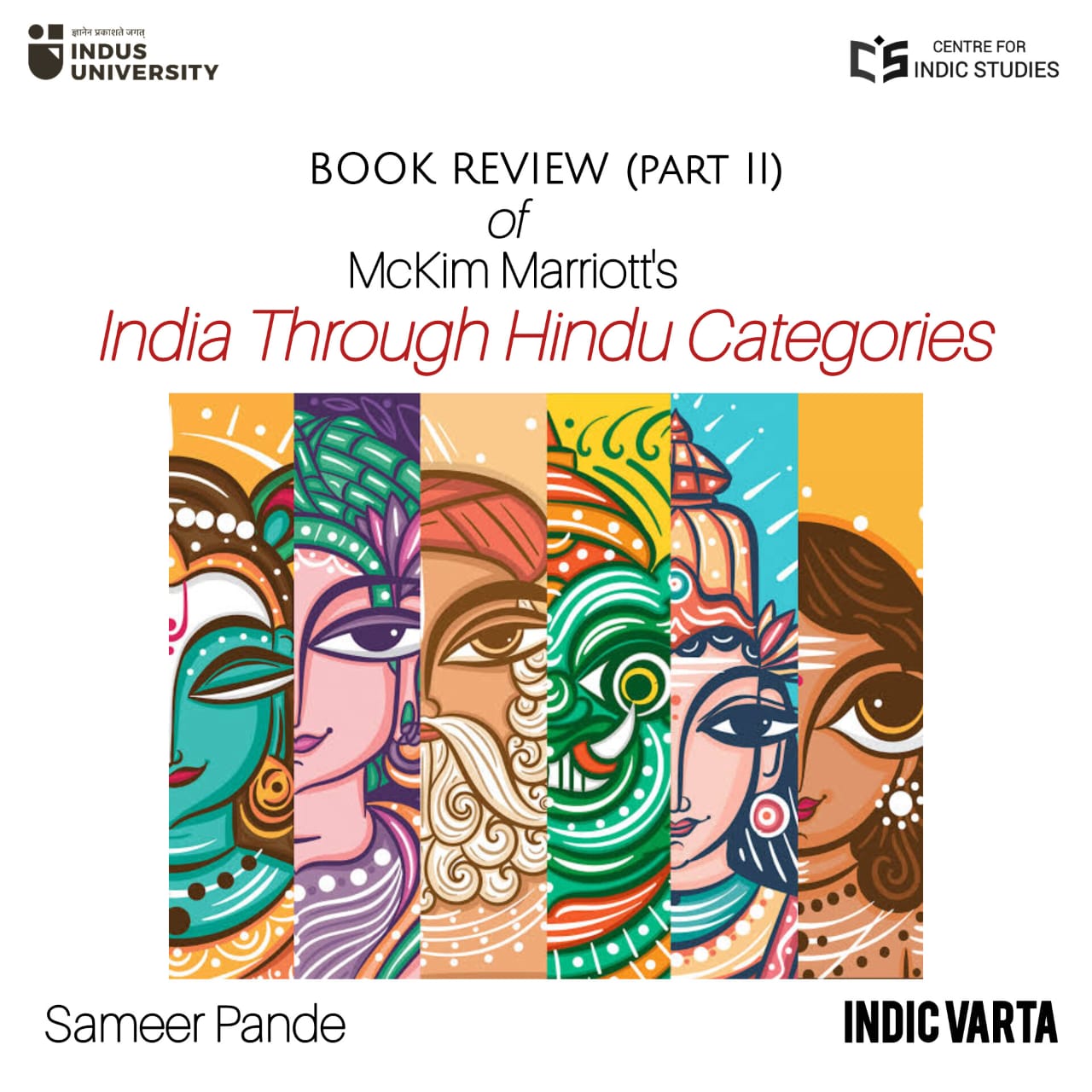- Visitor:21
- Published on:
The Blacks who Matter (Are Cops Racist – 4)
In this excerpt from Heather MacDonald’s book Are Cops Racist, the author highlights the examples of hard working Black Americans who are often forgotten in the narrative of race and riots. Mainstream narratives tend to portray blacks as victims of racial oppression, but here the author shows us a different side of the Black American community.

Tom Jones is standing arms akimbo just inside Johnnie’s Supermarket, the beleaguered shooting target in Walnut Hills. Jones is helping Johnnie’s landlord, William “Babe” Baker, put the store back on its feet after police busted its previous Arab lessees for fencing stolen goods. A small, wiry man in his fifties, alternately serious and effervescent, Jones is arguably the most relentless advocate for public safety in Cincinnati. Since moving his copying business here in 1995 from Washington, D.C., he has been organizing his community to battle drug dealers. His efforts helped cops make 335 drug arrests in a three-month period in 1999.
Jones has one overriding principle for how to take back a community from crime: “You must build a working relationship with the police,” he says, crouching down for emphasis. Jones taught his fellow businessmen in Avondale, the still-scarred epicenter of the 1968 riots, to call the police when crowds of dealers amassed in front of their stores. “They weren’t calling!” he recalls in amazement. He organized a crime task force that won extra police patrols for the district. Unable to persuade the merchants to testify in drug cases, Jones goes on their behalf. “I stand in front of the judge and tell him: ‘This community wants the dealers out,’ ” he says.
Jones’s work with the police has won him accolades and, by a landslide, the presidency of the local community council, but he has acquired numerous enemies as well. “I may as well have KKK written on my chest,” he says. Sure enough, when I asked members of the Special Forces, the black nationalists who have been disrupting the City Council, about Tom Jones, one of their “generals” contemptuously replied: “Oh, you mean Uncle Tom Jones? He was with his little group to sterilize Burnet Avenue [Avondale’s main commercial strip]. \Ye don’t need police protection; it was only one block, and most of the crime is gone.” Not exactly. Last year a drug dealer fatally shot a landlord in the head on Burnet Avenue for removing the dealers from his property. Jones has been shot at as well.
Jones has only scorn for the postriot circus. Would the civil rights activists and poverty advocates on CAN’s six task forces show up if they couldn’t get a cut of the resulting money? he wonders. As for that beefed-up social spending, Jones observes that “developed neighborhoods work very well without social programs, because they got up off their ass and solved their problems.” If the existing programs didn’t prevent the riots, Jones asks, “Why are we creating more programs?”
No less iconoclastic is the man Jones is helping at Johnnie’s-real-estate owner Babe Baker. Infuriating the black establishment is a badge of honor for these men. “I’m probably the most disliked person in this city,” Baker says proudly. “No, you’re not; I am!” Tom Jones shoots back, laughing.
Actually, it’s hard to imagine anyone disliking the tall, ebullient eighty-four-year-old Baker, a former luminary of Cincinnati’s rich musical life. In the 1950s and 1960s Baker was the impresario for serious jazz in Cincinnati, booking such greats as John Coltrane and Cannonball Adderley into his dozen nightclubs. But the 1968 riots almost bankrupted him, and now he sees the same destructive rationalizations for violence at work again. “You can’t go around with a chip on your shoulder, blaming the world for your problems,” he says of the rioters. “You must have a desire to do some-thing.” Black poverty will be solved only by “education and economics – putting your shoulder to the workforce” – not by protests, he insists.
Baker embodies a powerful tradition in black culture: optimistic self-help. Arriving in Cincinnati from Alabama at age eleven, he started working in a produce market in Over-the-Rhine and has not stopped working since. I ask him if there was a different work ethic back then. He closes his eyes and laughs uproariously. Pausing to wipe his eyes, he answers in a voice high and scratchy with age: “Absolutely! I’ve done all sorts of work. When I drove cabs, the other drivers taught me to trip the meter. I refused to do it, and they wonder why I made it and they didn’t.” Welfare destroyed self-reliance, he says, and resulted in the time bomb of “babies having babies.”
Baker believes that the free market is the best chance for reviving Over-the-Rhine and other troubled areas. He is a font of the entrepreneurial wisdom needed to do it. “You must pay your bills!” he says. After the 1968 riots he obtained a loan to keep his jazz clubs open, but eventually the bank wrote it off. Five years later he reactivated his debt and repaid it in full. Later, he wanted to buy some property for $80,000. “I went back to the bank and asked how to finance it. ‘Mr. Baker, with your signature,’ they said. Today I can borrow more money than I need.”
He knows how crucial knowledge is and frets that aspiring black entrepreneurs are reluctant to seek it. “You know how I learned banking?” he asks. “Someone asked me for a financial statement. I didn’t know what one was. I asked: ‘Will you please ex-plain to me what that means?’ All you have to do is be honest, not smart-alecky, and say to people: ‘I really don’t understand,’ and they will help you,” he says enthusiastically. And like any entrepreneur, he takes for granted the need to save and invest. “The mis-takes we made?” Baker muses. “When we made a little money, we bought a Cadillac, not a house.”
Don’t wait for Baker to get a hearing in official Cincinnati; his views are just too radical. Most galling, he denies the charge of systemic racism. “This used to be a prejudiced city, but that’s changed,” he says. “Blacks are making lots of money now.” The racial profiling controversy? He’s not buying it. “I’m a disciplinarian. There’s no reason to get into trouble.”
What a difference it would make if Jones were as lionized for suppressing the drug trade on Burnet Avenue as Damon Lynch is for organizing boycotts, or if the press gave legitimacy to people like Jones and Babe Baker instead of to Jesse Jackson and Al Sharpton. If the media did pay attention to the racial nonconformists, it would find a large, untapped audience, frustrated with conventional black politics but also afraid of retribution for dissent. A downtown Cincinnati business figure who would only speak anonymously told me bitterly: “The civil rights leadership is killing us; it’s absolutely killing us. As white exploitation is a sin, so is black waste. We are living in an unnatural state.” Illustrator Galen Bailey blames Lynch and Lawson’s preriot rabble-rousing for the violence: “All these young kids needed was for an adult to give them permission to riot,” he says in dismay.
Riot ideology in Cincinnati has had its usual effect. In the month following the riots, violent crime of all lands rocketed up 20 percent. This is not surprising. Not only did the riot ideologists romanticize assaults and theft as a long-overdue blow for justice, but they demonized the police as hard-core racists. Arrests for quality-of-life offenses, disorderly conduct, and drug possession-the firewall against more serious crime-have plummeted since the riots, as the police keep their heads down.
The next time an urban riot hits, the best response is: do nothing. Compensate the property owners, then shut up. Scurrying around with anti-racism task forces and aid packages tells young kids: this is the way to get the world to notice you, this is power-destruction, instead of staying in school, studying, and accomplishing something lawful. Even better, of course, would be to prevent the next riot before it happens by sending in police in force at the first sign of trouble.
But better even than this, political and business leaders who have not already sold out to the civil rights monopolists should try to break their cartel. They should find black citizens who are willing to speak about values and personal responsibility, and who embody them in their own lives. They should appear with these citizens at public meetings and put them on task forces, if task forces they must have. If they do it enough, the press will have to pay attention. And when the voice of hardworking black America becomes familiar, the riot ideology may finally lose its death grip on American politics.
This is the concluding part of the series.
- 10 min read
- 0
- 0










